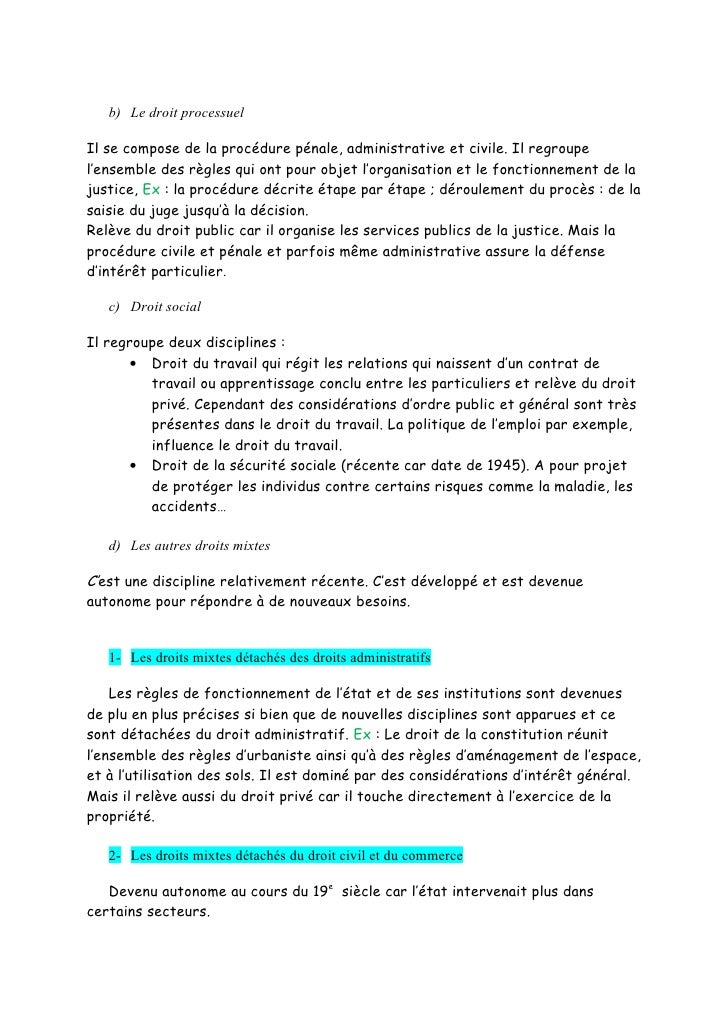Why is Human Cloning Considered Unethical? Essay Example.
Essays Cloning Unethical weeks of free revisions. Enjoy unlimited free revisions for 2 Essays Cloning Unethical weeks after you’ve received your paper. Have your paper edited by your writer as many times as you need, until it’s perfect. It is challenging but you can rely on our team of experts, and they would render with a successful chemistry task writing service. 29. Catherine J. Smith.
Cloning humans is unethical because the clone is not born the normal way, but is created from one parent instead of two by duplicating someone s DNA. Therefore it is causing the clone to be neglected the two-parent family. Some of the scientist that cloned the sheep Dolly says cloning the sheep was a complete success but all are convinced that cloning humans is ethically wrong and should not.
The Mass Production of Humans: Why Cloning is Unethical. Word Count: 900; Approx Pages: 4; Has Bibliography; Save Essay; View my Saved Essays; Downloads: 9; Grade level: High School; Login or Join Now to rate the paper Problems? Flag this paper! All ExampleEssays.com members take advantage of the following benefits: Access to over 100,000 complete essays and term papers; Fully built.
Human cloning is unethical because we cannot know the results, because it alters societal roles, and because it degrades humanity. The first reported successful clone was that of Dolly the sheep. This was an example of reproductive cloning, in which an embryo is created in order to grow into a replica of the creature from which it was cloned.
Ever since the advent of cloning, there have been arguments for and against this process. A fundamental argument is that cloning is ethically wrong and various religious groups have rejected it saying that cloning is equivalent to 'playing God'. Here is a discussion about the ethical issues that have arisen concerned with cloning humans.
Cloning - Cloning - Ethical controversy: Human reproductive cloning remains universally condemned, primarily for the psychological, social, and physiological risks associated with cloning. A cloned embryo intended for implantation into a womb requires thorough molecular testing to fully determine whether an embryo is healthy and whether the cloning process is complete.
Human cloning is unethical in part because there is no assurance that the process safely can be undertaken. Scientists cannot come close to guaranteeing that the result of a human cloning process would be a physically and mentally stable human being. In addition, the process of cloning a human is unethical because of the potential for it being turned into a system for harvesting organs and.








